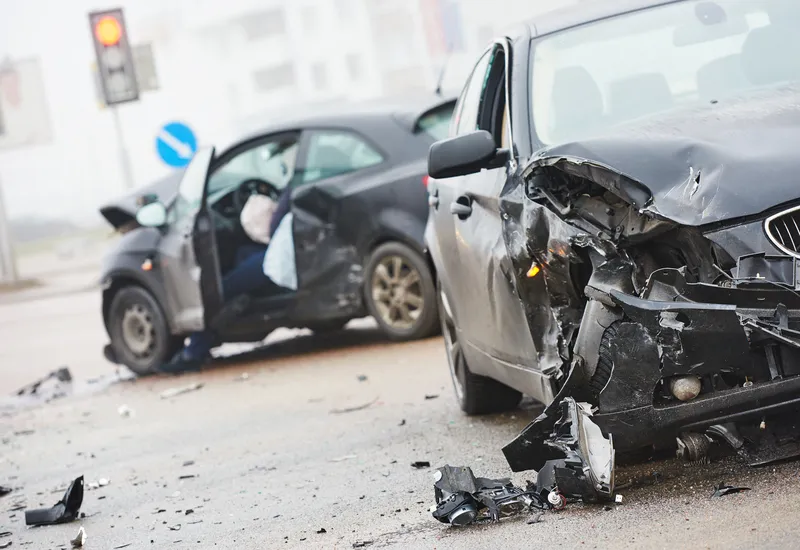The first European Day Without A Road Death (Project EDWARD) is taking place across Europe on Wednesday 21 September. Devised by the European Traffic Police Network (
Project EDWARD has the support of European Transport Commissioner Violeta Bulc, the European Commission, the European Transport Safety Council and traffic police forces from across TISPOL’s 30 member countries.
UK support for Project EDWARD comes in the form of a donation from the GEM Motoring Assist Road Safety Charity. The initiative also has the support of the Royal Society for the Prevention of Accidents (RoSPA), the National Police Chiefs’ Council (NPCC), Road Safety GB, Road Safety Scotland, Road Safety Wales, the Automobile Association and many public and private organisations.
TISPOL is urging national governments to ensure road casualty reduction is a priority. TISPOL president Chief Superintendent Aidan Reid comments: “There have been some excellent reductions in road deaths and serious injuries earlier in this decade, but they have stalled in the past couple of years. It is therefore vital that we re-focus our attention on the efforts needed to get back on course in order to have a chance of achieving the European 2020 targets.
“We believe strongly in the value of setting targets, and we believe that the strong leadership from governments can make a massive difference in reducing the number of people killed and seriously injured on our roads.”
TISPOL has received a donation from the GEM Motoring Assist Road Safety Charity to produce 10 short awareness-raising videos. Each video lasts less than 30 seconds and gives simple advice on reducing specific road safety risk.
The 10 English language video files are available on Vimeo and are also available in Welsh, French, German, Dutch, Finnish, Hungarian, Estonian, Polish, Romanian, Slovak and Spanish. Each video can be downloaded, shared, tweeted and otherwise distributed without restriction, provided it is used to promote Project EDWARD.
Project EDWARD: European Day Without A Road Death
The first European Day Without A Road Death (Project EDWARD) is taking place across Europe on Wednesday 21 September. Devised by the European Traffic Police Network (TISPOL), the initiative aims to draw attention to the average of 70 deaths occurring every day on the roads of Europe. Project EDWARD has the support of European Transport Commissioner Violeta Bulc, the European Commission, the European Transport Safety Council and traffic police forces from across TISPOL’s 30 member countries.
August 31, 2016
Read time: 2 mins







